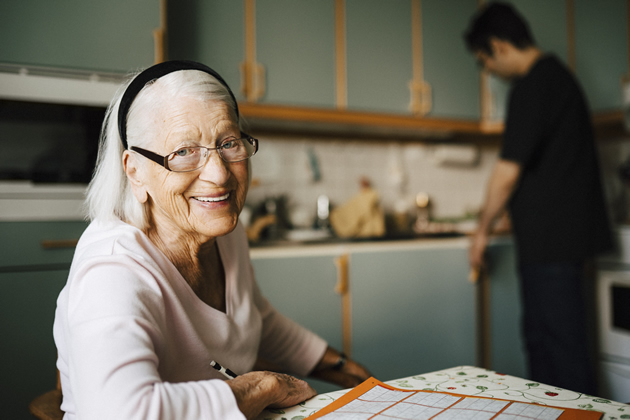Caring Through the Heat
Ad -A Friendly Summer Guide from the Nursing Team at Home Instead Chiswick

Summer sunshine can be a joy—but when the temperature soars, it’s worth having a few thoughtful habits in place to help you feel your best.
At Home Instead Chiswick, our nursing and care team work closely with clients and families, and we know how heat can affect energy levels, appetite, and wellbeing—especially if you’re managing a health condition like heart disease, Parkinson’s, diabetes, breathing problems or dementia. Some medications can also make it harder to stay cool or hydrated.
This guide brings together practical advice from our nurses, the NHS, and the British Geriatrics Society to help you stay comfortable, confident, and cared for in the warmer weather.
Helpful Tips for Staying Cool and Well
�� Keep your home cool
Close blinds or curtains during the hottest part of the day (usually 11am–3pm). When it’s cooler in the early morning or later in the evening—and if security allows—open windows to let in fresh air. A fan or a cool, damp cloth on the back of your neck can also help you feel more comfortable.
�� Drink regularly
Even if you don’t feel thirsty, keep sipping water, squash, cold herbal teas—or even soups. Try to drink steadily throughout the day to stay hydrated.
�� Be prepared
Ensure you’ve sufficient food, drinks, and any regular medications at home. If it’s too hot to go out, ask a friend, neighbour to help with shopping or errands.
�� Take medications on time
Some conditions—like high blood pressure or heart disease—can worsen quickly in the heat if doses are missed or delayed. Store medications safely, and avoid direct sunlight if they’re heat-sensitive.
�� Dress light and breathe easy
Wear loose-fitting clothes made from cotton or linen, and choose lighter colours. A wide-brimmed hat and sunglasses can help protect you if you’re outdoors.
��Plan outings carefully
If you’re heading to the park, the high street or Chiswick House, try to go in the early morning or later evening when it’s cooler. Always bring a bottle of water and take breaks in the shade.
Watch for These Signs
Knowing the early signs of dehydration and heat-related illness can help prevent things from getting worse:
Signs of dehydration:
• Dry lips or mouth
• Dark-coloured urine
• Feeling dizzy, lightheaded, or tired
Signs of heat exhaustion:
• Headache, nausea or heavy sweating
• Fast pulse and weakness
• Pale or clammy skin
Signs of heatstroke (a medical emergency):
• Very high temperature
• Confusion, agitation, or sleepiness
• Flushed, hot skin and fast breathing
If you notice signs of heatstroke, move the person to a cool place, loosen clothing, use cool damp cloths, and call 999 immediately. If you’re unsure, ring 111 for advice.
Advertorial
Related links
|
